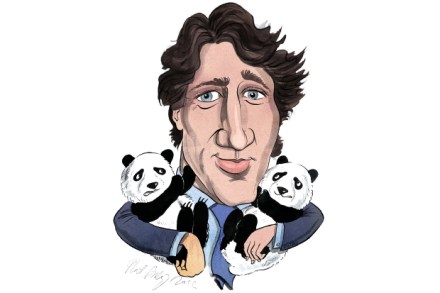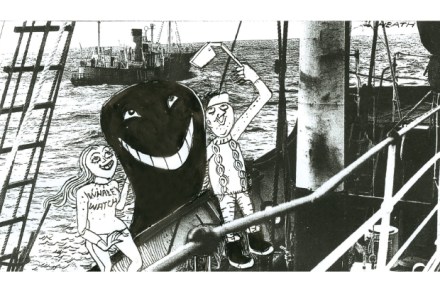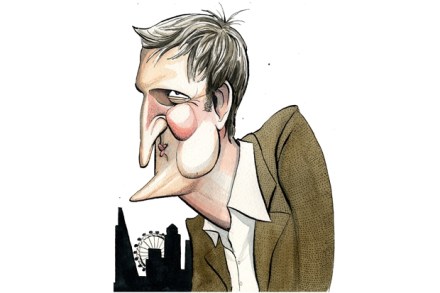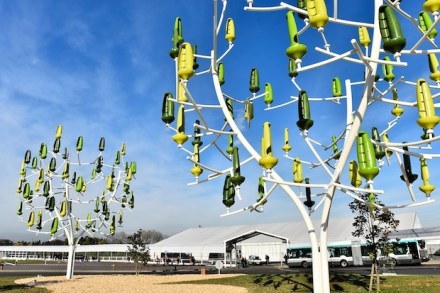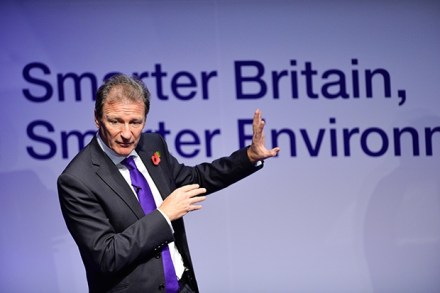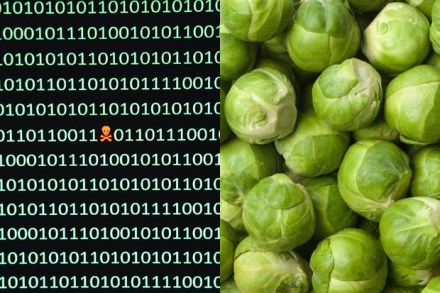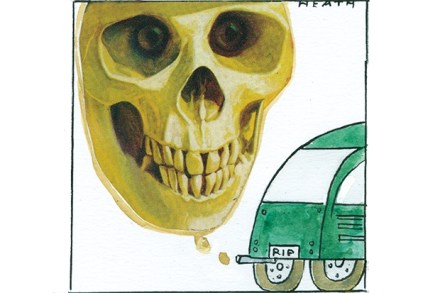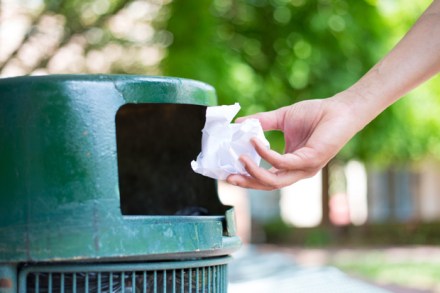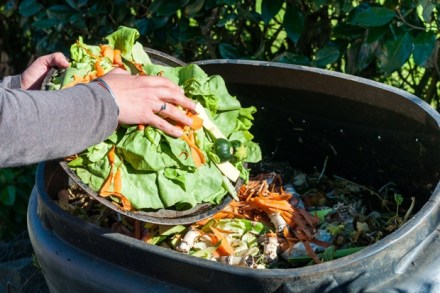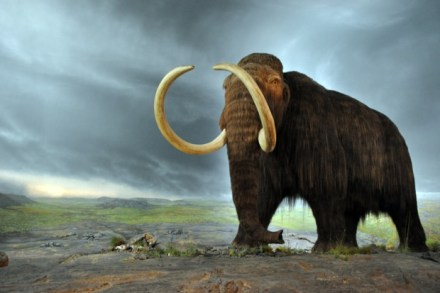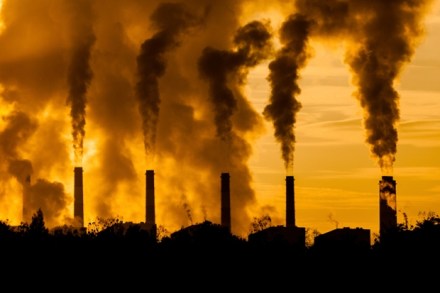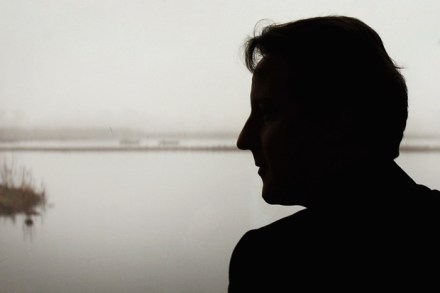Don’t grouse about grouse
The vast Bubye Valley Conservancy in southern Zimbabwe is slightly larger than County Durham, as well as much hotter and drier. Yet both contain abundant wildlife thanks almost entirely to the hunting of game. In Bubye Valley, it’s lions and buffalo that are the targets; in the Durham dales, it’s grouse. But the effect is the same — a spectacular boost to other wildlife, privately funded. Bubye Valley was a cattle ranch, owned by Unilever, until 1994 when it was turned over to wildlife. A double electric fence was put round the entire 850,000-acre reserve. Gradually the buffalo, giraffe, wildebeest, zebra and antelope numbers grew. Elephants and rhinos were moved





